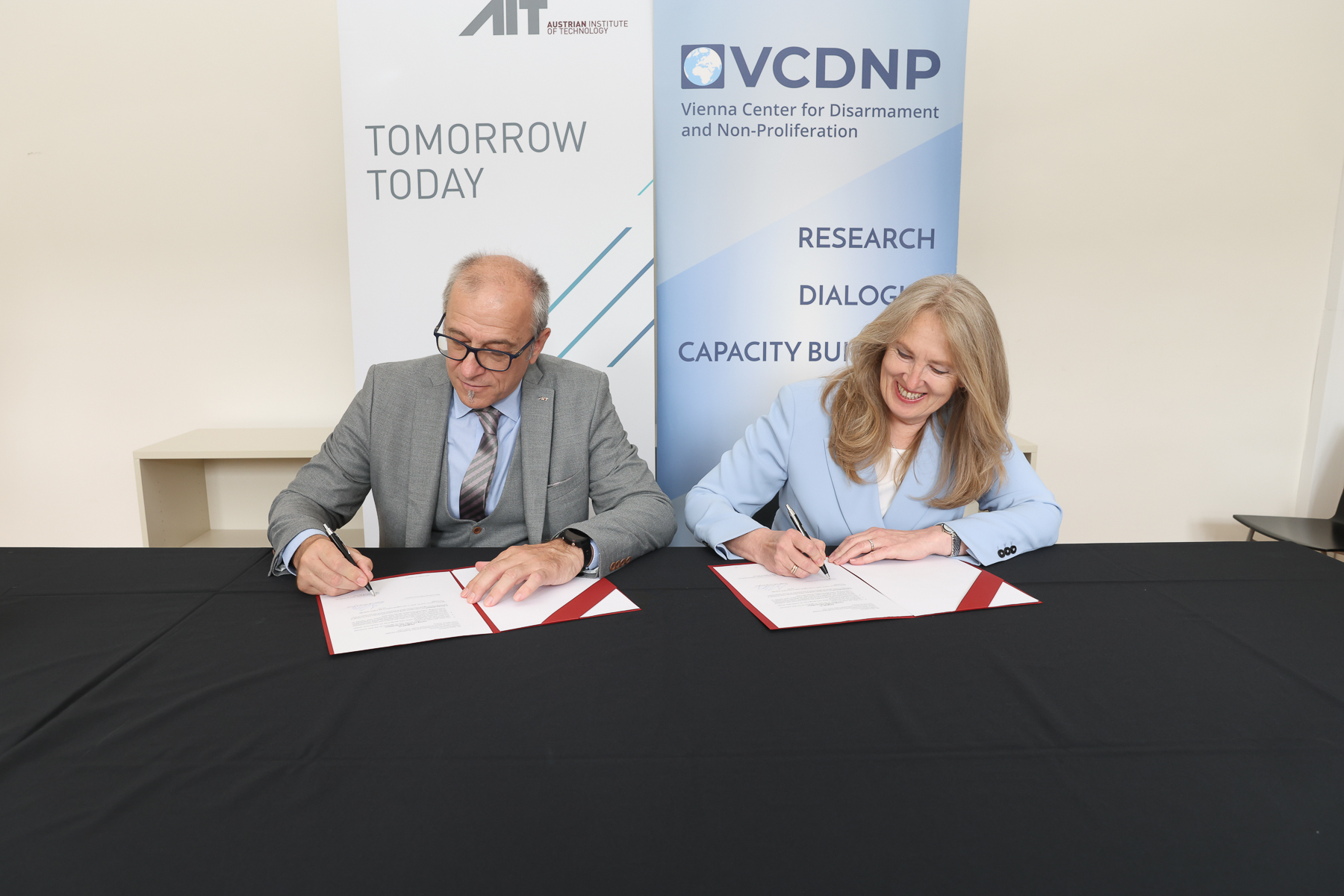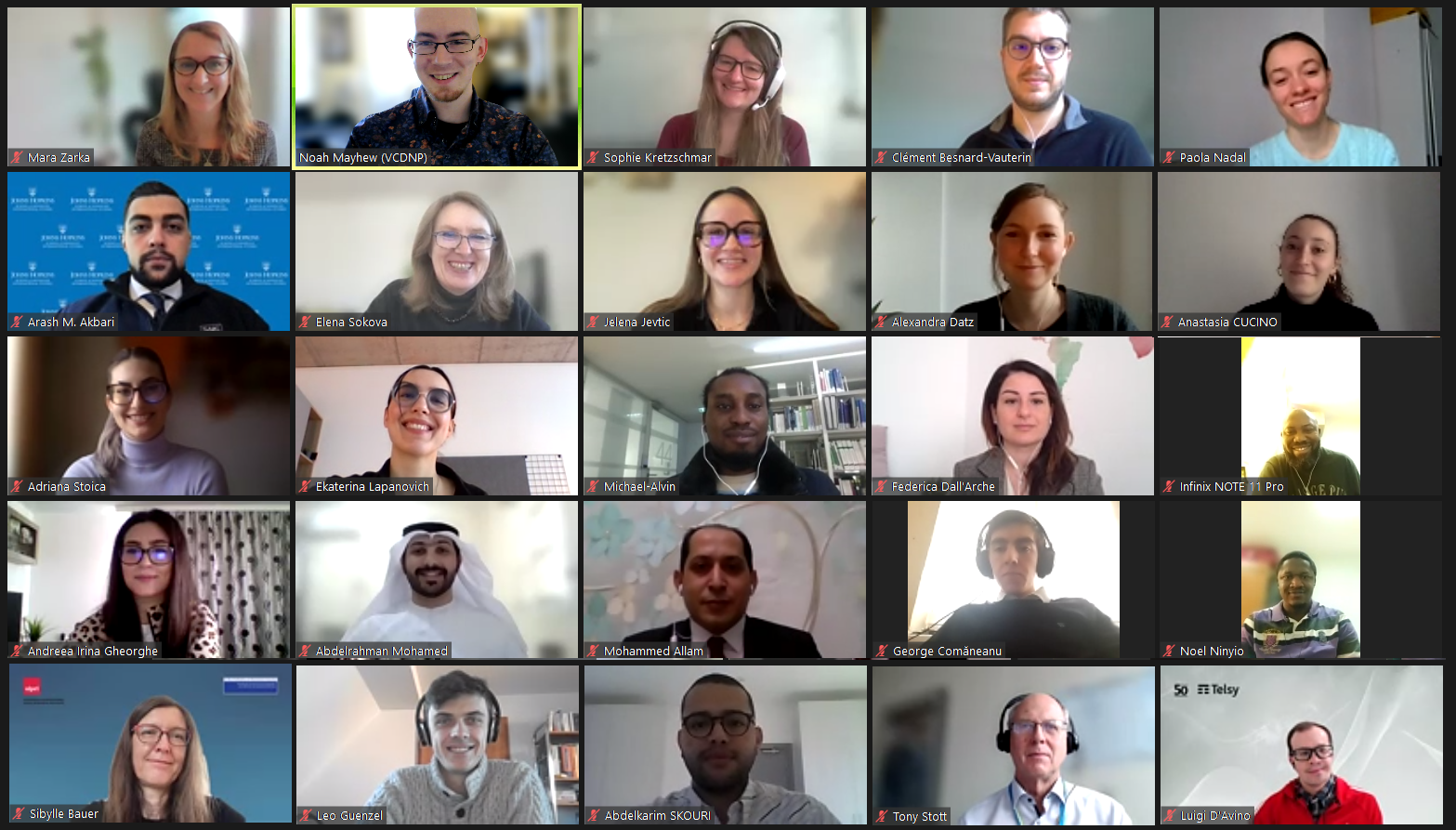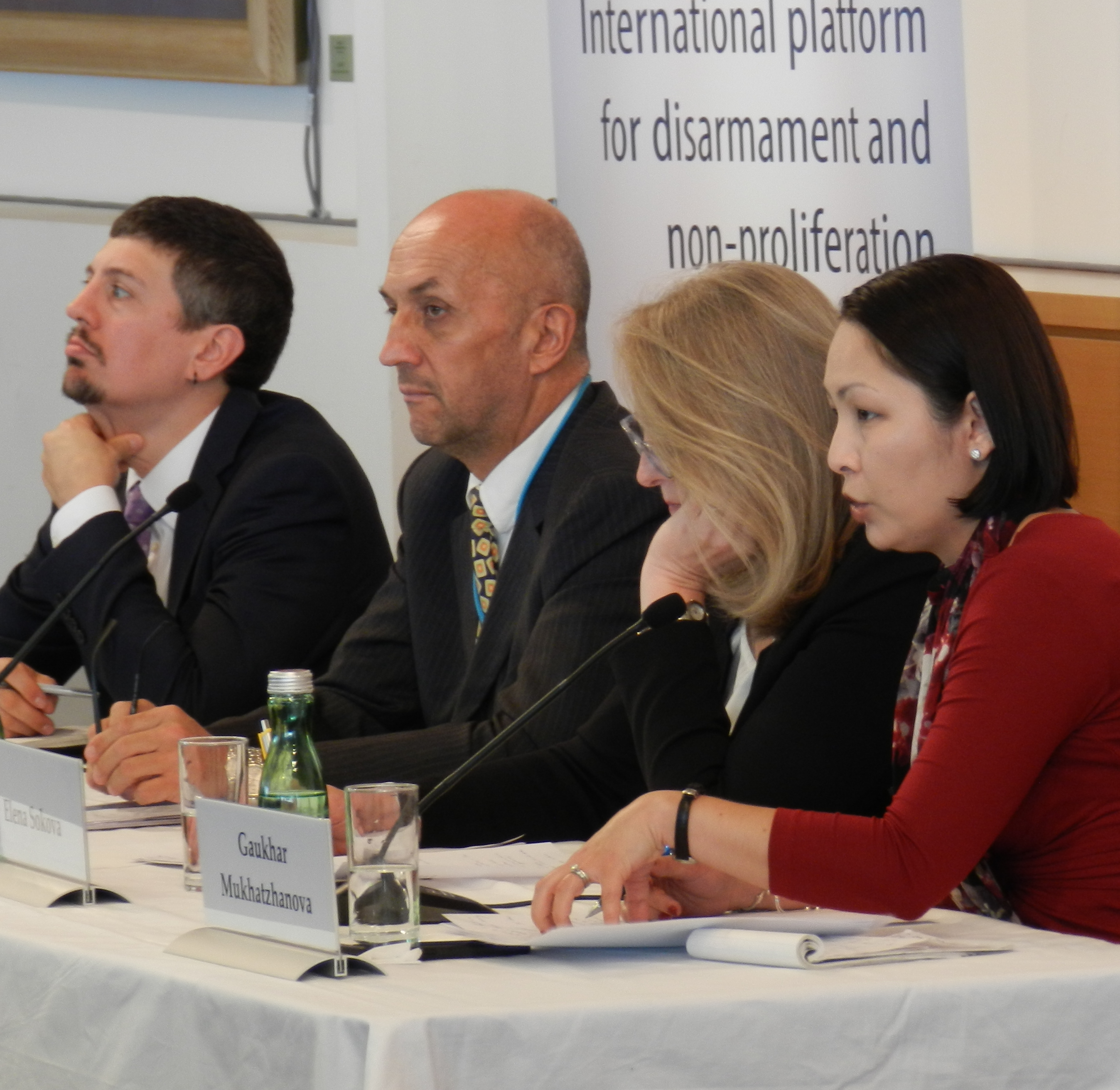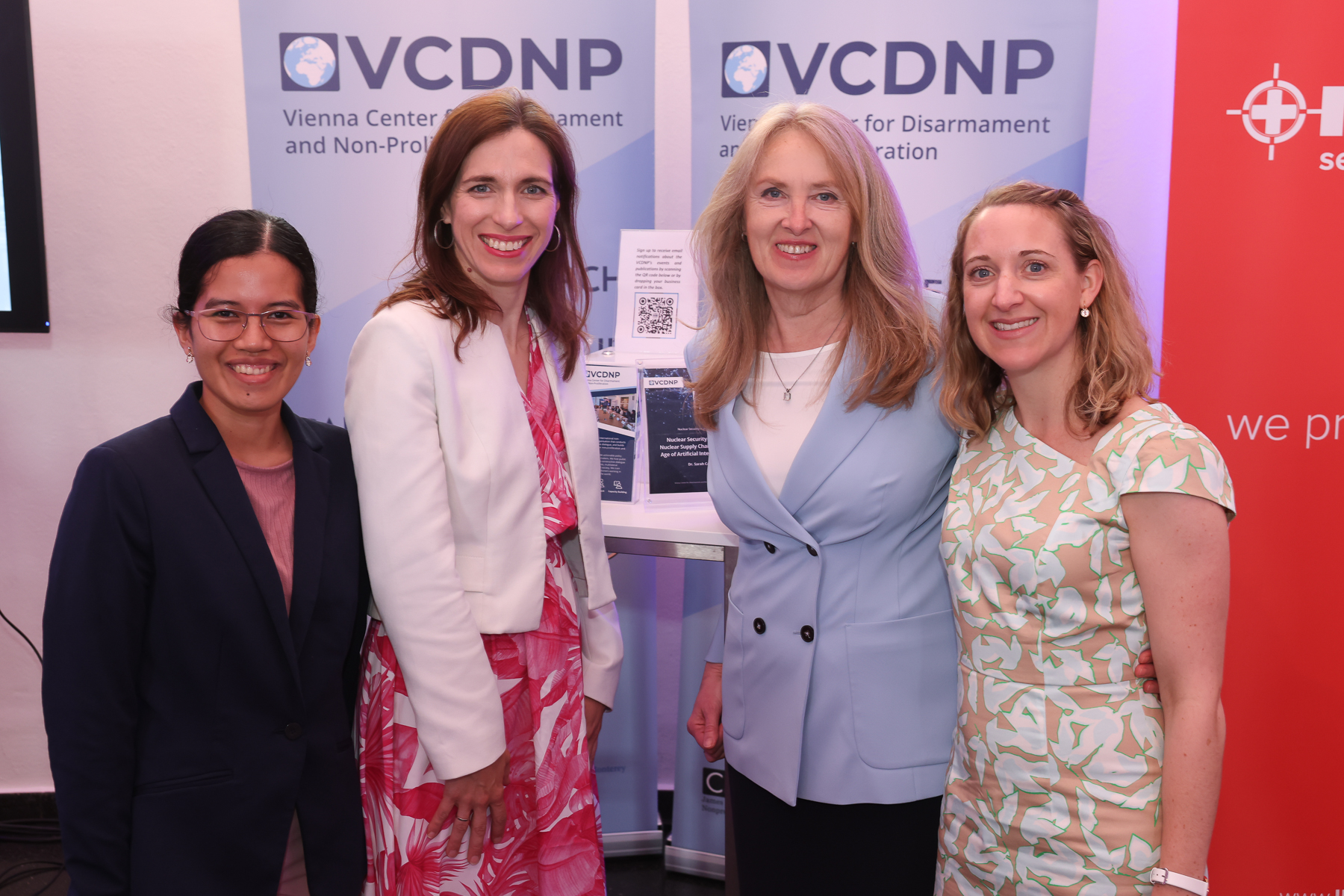
The fourth International Digital Security Forum (IDSF) took place from 4 to 6 June 2025 in Vienna, Austria. Organised by the Austrian Institute of Technology (AIT) in collaboration with the Federal Ministry of European and International Affairs, the IDSF brought together key policy and technical experts to exchange views on digital security and the digital transformation, with a particular focus on new and emerging technologies. VCDNP’s participation in the Forum included keynote remarks on digitalisation and new technologies in the nuclear sector by VCDNP Executive Director Ms. Elena K. Sokova. In addition, Senior Fellow Dr. Sarah Case Lackner organised and moderated a workshop on artificial intelligence and cyber security for critical infrastructure and took part in a panel discussion, Digital Transformation and the Security Impact on Nuclear Ecosystems and Non-Proliferation. Further, to formalise their ongoing productive collaboration, VCDNP and AIT signed a Memorandum of Understanding (MoU) on the second day of the Forum.

On 5 June 2025, the VCDNP hosted a workshop in parallel with the main sessions of the Forum examining how artificial intelligence (AI) systems and models could impact the cyber security of critical infrastructure in the European Union and beyond. Moderated by VCDNP Senior Fellow Dr. Sarah Case-Lackner, the session brought together four senior experts in cyber security of critical infrastructure:
Participants discussed the threat of AI-enhanced cyber attacks that could compromise confidential data or key systems in critical national infrastructure, as well as the growing risk of cybercrime aimed at critical infrastructure. They specifically emphasised the need for capacity-building in all critical infrastructure sectors to increase the ability to counter AI-enhanced threats. An interactive exercise involving the audience identified several concerns shared by security professionals attending the session, leading to further discussions among the panellists on their key concerns, among them hype about the capabilities of new AI models and the opening of novel paths for cybercrime.
In keynote remarks opening the panel on “Digital Transformation and the Security Impact on Nuclear Ecosystems and Non-Proliferation”, VCDNP Executive Director Elena K. Sokova highlighted the increasing momentum of digital transformation and its profound impact on the nuclear ecosystem. She emphasised the dual nature of nuclear energy technologies and noted digital innovations such as AI systems and models as tools that can strengthen security and efficiency but may also lead to novel security risks.
Ms. Sokova stressed that digitalisation is reaching the otherwise change- and risk-averse nuclear sector, adding that a range of digital technologies are employed within and around nuclear facilities, including, for example, digital instrumentation and control systems. Calling for cautious implementation from the design stage, she urged stakeholders to balance digital innovation with safety, security, and non-proliferation goals, applauding the forum for fostering expert dialogue on these unique challenges.
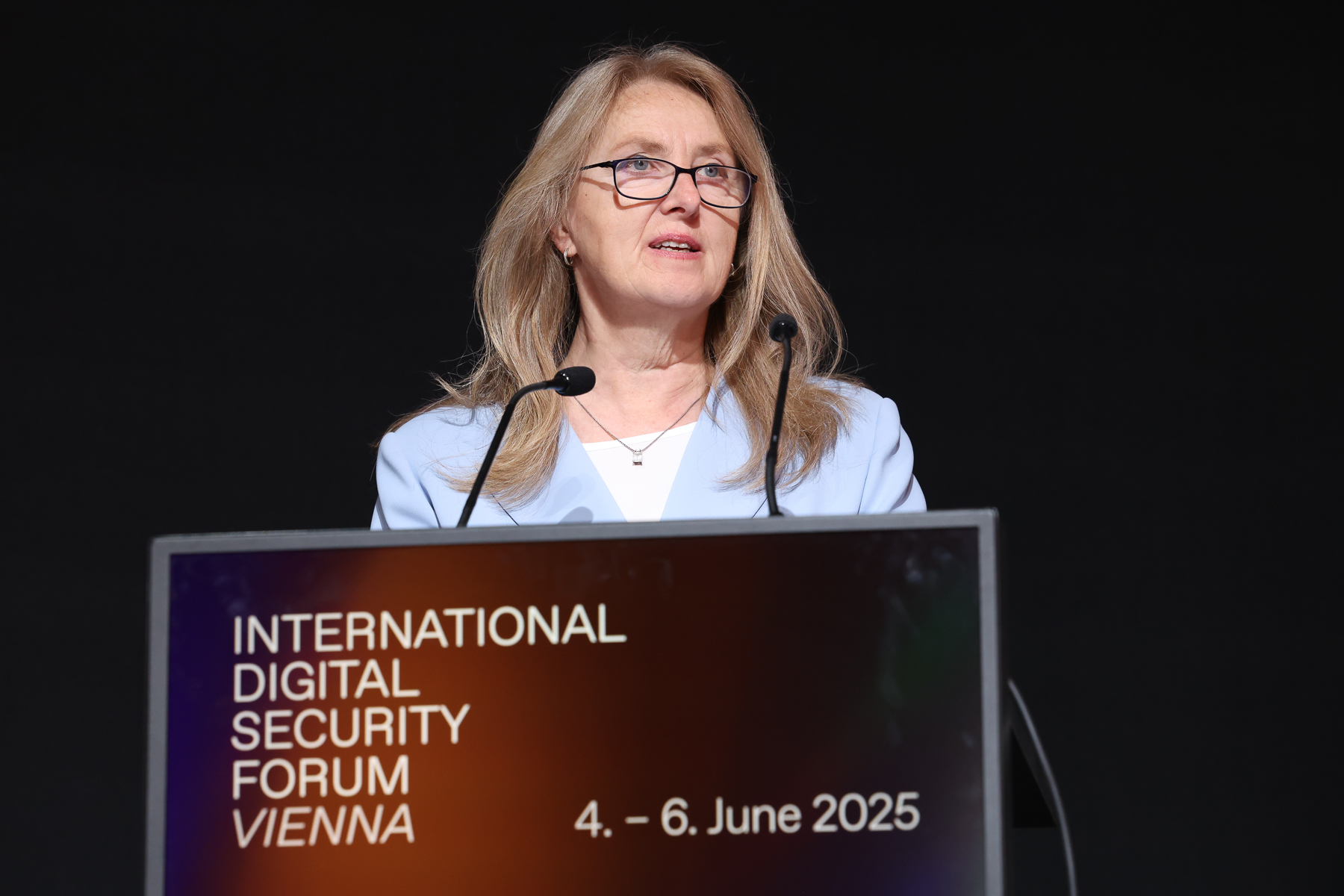
Following the keynote, the panel discussion explored how digital transformation is reshaping both the nuclear ecosystem and the broader non-proliferation regime. Dr. Case Lackner emphasised the importance of non-nuclear power States being aware and concerned about not only nuclear security but, in particular, the potential impact of AI systems and models on nuclear security. She noted that the consequences of a successful attack on a nuclear facility do not stay contained in the country it originated in. For example, a security failure at a nuclear facility, including those related to AI systems and digitalisation, she cautioned, could result in energy outages, harm to human health and the environment, and other far-reaching international consequences. Dr. Case Lackner further stressed the importance of senior leadership training on secure AI systems integration, emphasising that such an approach ensures that security concerns related to AI are taken seriously within organisations.
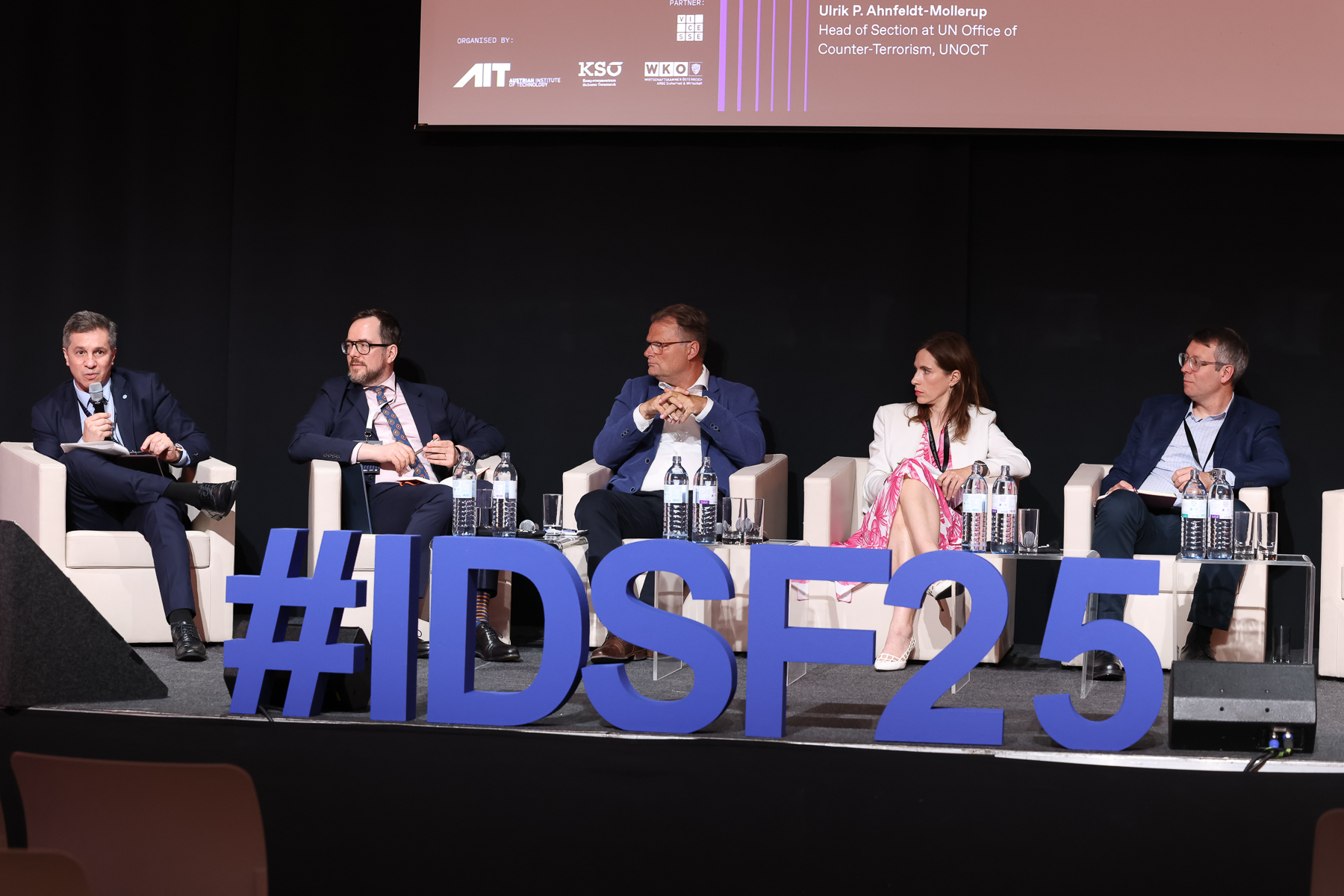
Following the keynote, the panel discussion explored how digital transformation is reshaping both the nuclear ecosystem and the broader non-proliferation regime. Dr. Case Lackner emphasised the importance of non-nuclear power States being aware and concerned about not only nuclear security but, in particular, the potential impact of AI systems and models on nuclear security. She noted that the consequences of a successful attack on a nuclear facility do not stay contained in the country it originated in. For example, a security failure at a nuclear facility, including those related to AI systems and digitalisation, she cautioned, could result in energy outages, harm to human health and the environment, and other far-reaching international consequences. Dr. Case Lackner further stressed the importance of senior leadership training on secure AI systems integration, emphasising that such an approach ensures that security concerns related to AI are taken seriously within organisations.
